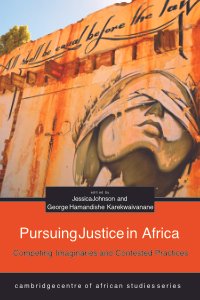By Anouar Boukhars
Terrorism, weapons smuggling, drug and human trafficking, and migration flows are driving many North African countries to bolster their border defenses. Current tactics include building miles of trenches, barriers, and fences, as well as employing sophisticated drones and surveillance technology. But will they be effective and at what cost? A close study to answer this question is worthwhile, given the number of countries worldwide either contemplating or adopting such measures.
In the Maghreb region, the efforts of Algeria and Morocco—two antagonistic countries that have gone the furthest to seal themselves off from each other—are falling short. They have had some success in stemming illicit cross-border trade, but smugglers have merely learned to adapt, changing what and how they smuggle and exploiting persistent corruption. Moreover, the security fortifications have worsened the economies of already struggling border regions, fueling protests and leading young smugglers to dabble in drug trafficking. Unless both governments take a more coordinated socioeconomic approach to border security, the isolated communities that populate these neglected peripheries will remain a potential incubator for instability.
Washington, DC: Carnegie Endowment for International Peace, 2019. 13p.







